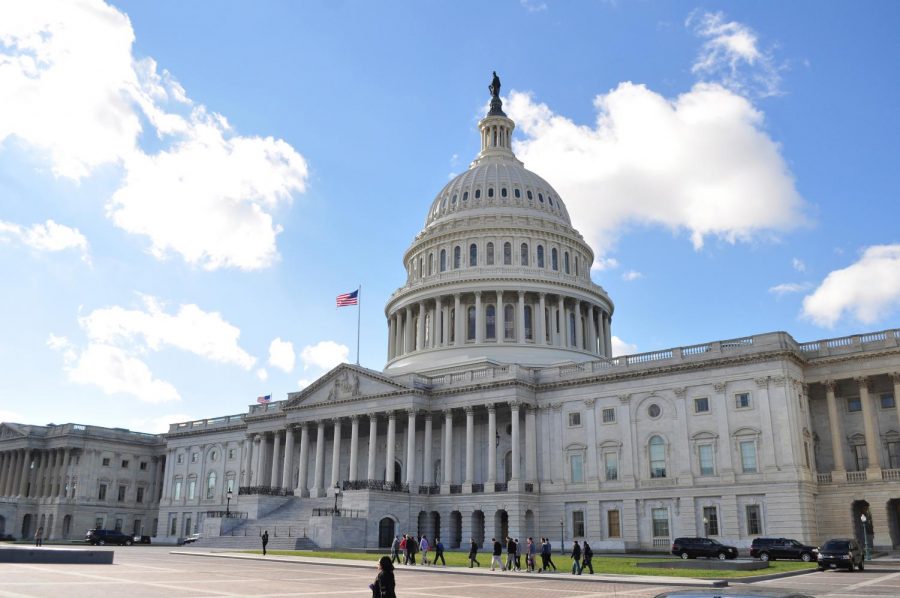Gov. shutdown has little effect
February 1, 2018
At midnight on Jan. 20, the U.S. government shut down when lawmakers couldn’t reach an agreement to fund it. Two days later, on Jan. 22, the Senate passed a temporary spending bill that reopened the government until Feb. 8.
Still, the threat of another shutdown remains until congressional Republicans and Democrats can resolve their differences about immigration and the Deferred Action for Childhood Arrivals program, or DACA.
So what would another federal shutdown mean for faculty and students?
Does a shutdown affect financial aid, work/study and Pell Grants?
According to AACC’s financial aid office, a short-term shutdown will not affect any financial aid.
Because the federal government has already distributed aid and Pell Grants to students for this semester, the college does not have to collect it from the government during any shutdown.
The recent two-day shutdown “didn’t last long enough to affect financial aid,” said Pat Shoemaker, who has worked in the Financial Aid Office for 19 years.
Will the shutdown affect AACC faculty and staff?
Because AACC is funded by the state, Anne Arundel County and student tuition, federal government shutdowns do not affect its operation directly. Faculty and staff report to work the same as they always do, with no interruption to their paychecks.
How are students who are veterans or active-duty affected?
Last fall, 215 active-duty military students and more than 1,800 veterans, military spouses and their dependents enrolled at AACC.
All members of the active-duty military who lose wages during a shutdown will receive back pay. The two-day shutdown did not affect their pay. Military members using the G.I. Bill will receive their benefits as usual.
Does the shutdown affect DACA students?
One of the issues that created the shutdown is the partisan debate among lawmakers on the status of DACA, which allows undocumented immigrants who entered the U.S. as children to remain in the country.
But the shutdown itself does not directly affect them.
“[DACA students should] stay positive and keep working on their academics,” Richard Heath, retired director of financial aid, said. “Quitting is not the answer. .… It’s only in their best advantage to finish, get their grades … and move on.”












